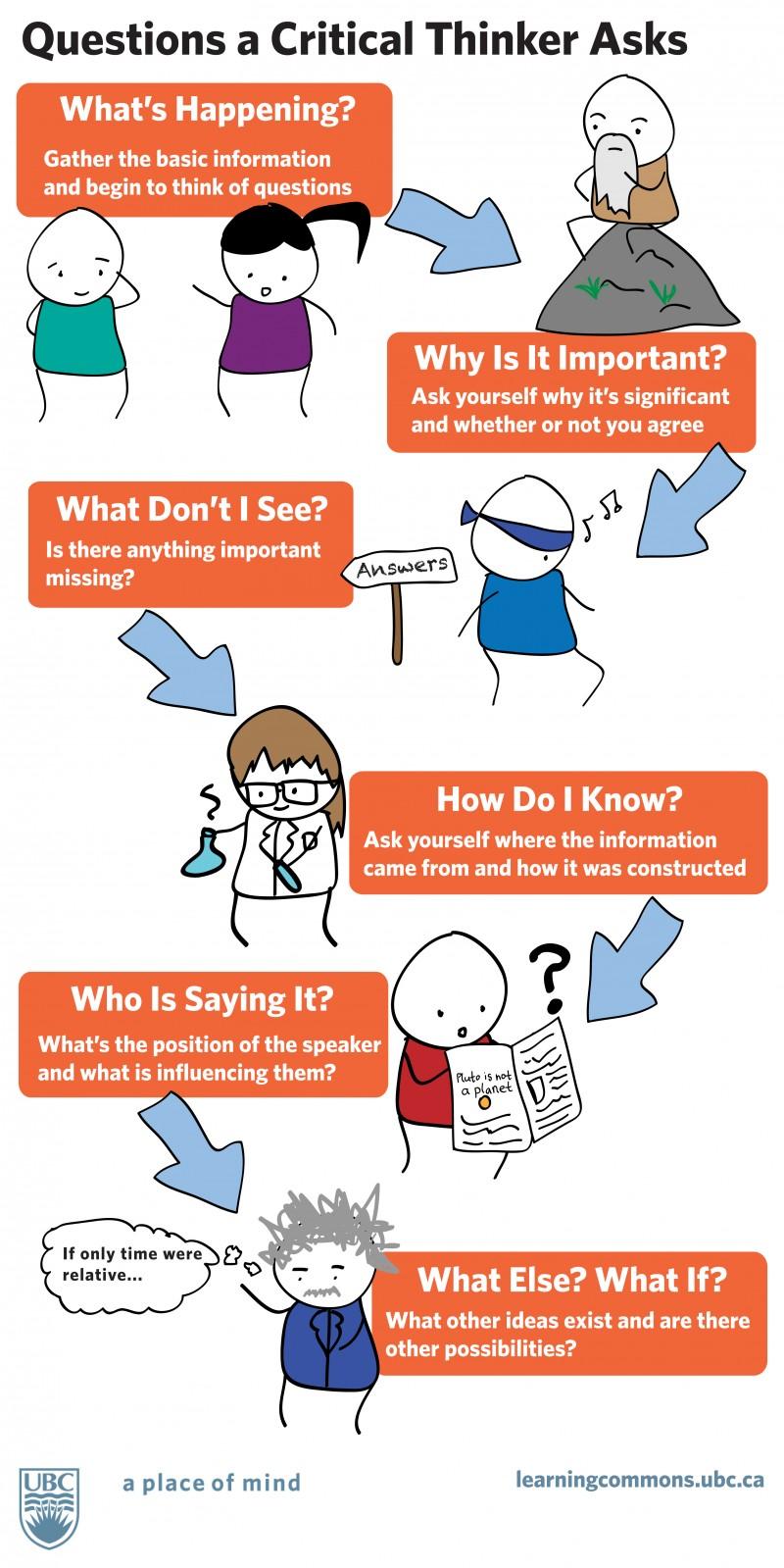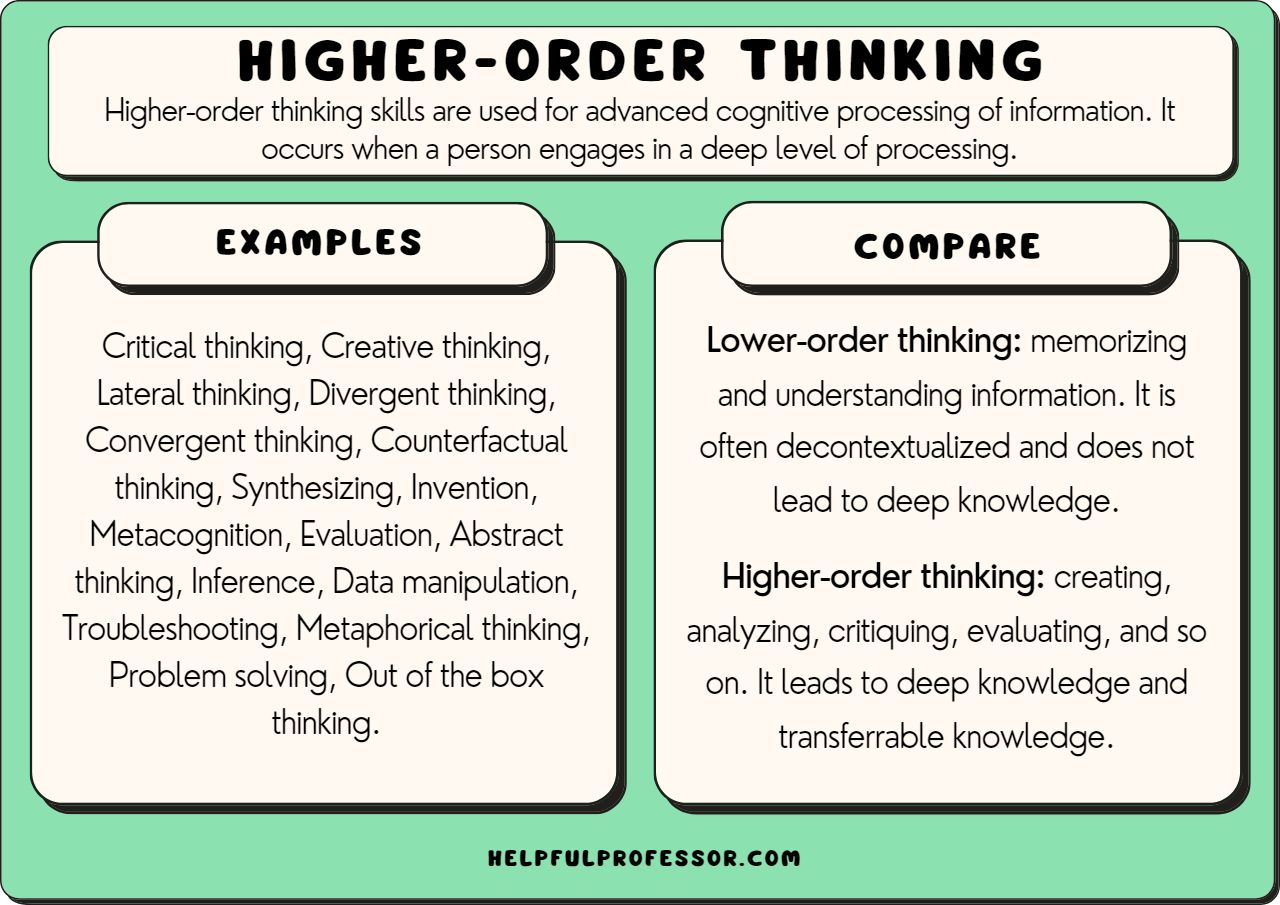Nurturing Critical Thinking Through Home Philosophy

Welcome to the land of endless questions, where curiosity reigns and skepticism thrives. In this magical realm, known as Home Philosophy, children become the masters of their own minds as they embark on a journey of critical thinking and philosophical pondering. So grab your thinking caps and get ready to explore the wonders of nurturing critical thinking through the power of homegrown philosophy. It’s time to open the doors of the mind and let the enlightenment begin!
Key Strategies for Introducing Philosophy to Children at Home
Philosophy can be a pretty abstract concept for young minds, but with the right approach, you can make it engaging and fun for your kids. Here are some key strategies to help you introduce philosophy to your children at home:
Keep it Relatable: Make philosophical concepts more accessible to your kids by tying them to everyday experiences. Ask questions like “Why do you think the sky is blue?” or “What makes something right or wrong?” to spark their curiosity and encourage critical thinking.
Encourage Debate: Create a safe space for your children to express their thoughts and opinions, even if they differ from your own. Encourage them to ask questions, challenge assumptions, and think critically about the world around them.
Use Stories and Fables: Introduce philosophical concepts through age-appropriate stories and fables. Discuss the moral of the story and have your kids think about the deeper meaning behind the narrative. This can help them develop empathy, moral reasoning, and a deeper understanding of complex ideas.

Fostering Open-Mindedness and Questioning in Young Minds
Picture this: a classroom full of young minds, eager to learn and explore the world around them. But how do we ensure that these curious minds stay open and inquisitive? By fostering a culture of open-mindedness and questioning, of course!
One way to encourage open-mindedness is to expose children to a variety of perspectives and ideas. Encourage them to think critically about the information they receive, and to consider different viewpoints. This will help them develop empathy and understanding for others, and will open up their minds to new possibilities.
Another important aspect of fostering open-mindedness is to teach children that it’s okay to question things. Encourage them to ask “why” and ”how” as often as they like, and to challenge assumptions and stereotypes. This will help them develop a healthy sense of skepticism and curiosity, which will serve them well in the future.
So let’s all work together to create a learning environment where open-mindedness and questioning are not just encouraged, but celebrated. Who knows what great discoveries and breakthroughs these young minds will come up with when given the freedom to think outside the box?

Encouraging Socratic Dialogue and Debate in Family Discussions
Does your family dinner turn into a heated debate more often than not? Well, fear not! With a little inspiration from the great philosopher Socrates, you can turn those arguments into productive discussions that will have everyone talking (and maybe even listening).
Here are a few tips to get the conversation flowing in a more civil and Socratic manner:
- Encourage everyone to ask questions rather than making statements. This allows for a more open and curious dialogue.
- Practice active listening by repeating back what you think the other person is saying. It shows that you’re engaged in the conversation and willing to understand their point of view.
- Challenge each other’s assumptions in a respectful way. Socratic dialogue is all about questioning our beliefs and seeking deeper truths.
Remember, the goal of Socratic dialogue is not to “win” the argument, but to uncover greater truths and insights through conversation. So next time your family starts bickering, channel your inner Socrates and steer the discussion towards thoughtful debate and mutual understanding. Who knows, you might just discover some profound wisdom over a plate of spaghetti!

Developing Analytical Skills and Logical Reasoning Through Philosophical Inquiry
Who knew that contemplating the meaning of life could actually help you ace that tricky math exam? Engaging in philosophical inquiry is not only a great way to flex your brain muscles, but it can also improve your analytical skills and logical reasoning. So put aside the calculator and pick up some Plato – it might just be the key to unlocking your inner genius!
Through philosophical discussions and debates, you’ll learn to think critically about complex issues and develop a deeper understanding of the world around you. Plus, you’ll sharpen your ability to spot flawed arguments and faulty reasoning – a skill that will come in handy whether you’re dissecting ancient texts or trying to convince your friends that pineapple does belong on pizza (it does, don’t @ me).
By exploring different philosophical theories and perspectives, you’ll learn to approach problems from multiple angles and consider all possible outcomes. This kind of cognitive flexibility is essential for succeeding in all areas of life, whether you’re solving a Sudoku puzzle or navigating the treacherous waters of social media debates.

Creating a Culture of Curiosity and Intellectual Engagement in the Home Environment
Curiosity killed the cat, but it sure didn’t kill our desire for intellectual engagement! Here are some tips to create a home environment that fosters curiosity and keeps those brain cells firing:
Encourage Exploration: Fill your home with books, magazines, and educational games to pique your family’s curiosity. Start a family book club where everyone can discuss their thoughts and ideas.
Embrace Debate: Encourage healthy debate and discussions at the dinner table. Ask questions that challenge your family’s beliefs and opinions, and encourage them to think critically about their responses.
Try New Things: Shake things up by trying out new hobbies and activities together as a family. Take a cooking class, learn a new language, or explore a local museum or historical site. The possibilities are endless when you’re curious!
FAQs
Q: Can I start teaching philosophy to my child even if I’m not a philosopher myself?
Of course! You don’t need a degree in philosophy to start nurturing critical thinking in your child. Just keep the discussions open-ended and encourage them to think deeply about different topics.
Q: How can I make philosophy engaging for my child?
Think of philosophy as a fun puzzle game! Use age-appropriate stories, movies, or even games to trigger philosophical discussions. Encourage them to ask questions and explore different perspectives.
Q: What are some practical tips for incorporating philosophy into everyday life at home?
Try asking your child philosophical questions during meal times or car rides. Encourage them to think about ethical dilemmas they encounter and discuss possible solutions together. Make it a part of your routine!
Q: How can I help my child develop their own philosophical thinking skills?
Give them space to think independently and formulate their own opinions. Encourage them to challenge assumptions and explore different viewpoints. Remember, there are no right or wrong answers in philosophy!
Q: What are the benefits of nurturing critical thinking through home philosophy?
By fostering critical thinking skills, you’re helping your child become a better problem solver, decision maker, and communicator. Philosophy teaches them to think logically, critically analyze information, and consider multiple perspectives – skills that are invaluable in any field!
In conclusion, let’s get philosophical!
So there you have it, folks! Embrace the Socratic method during your next family dinner, start a debate club in your living room, or simply ponder the meaning of life while doing the dishes. By nurturing critical thinking through home philosophy, you’re not only expanding your mind but also creating a fun and engaging environment for all. So go forth, question everything, and remember: the only thing to fear is a closed mind!






